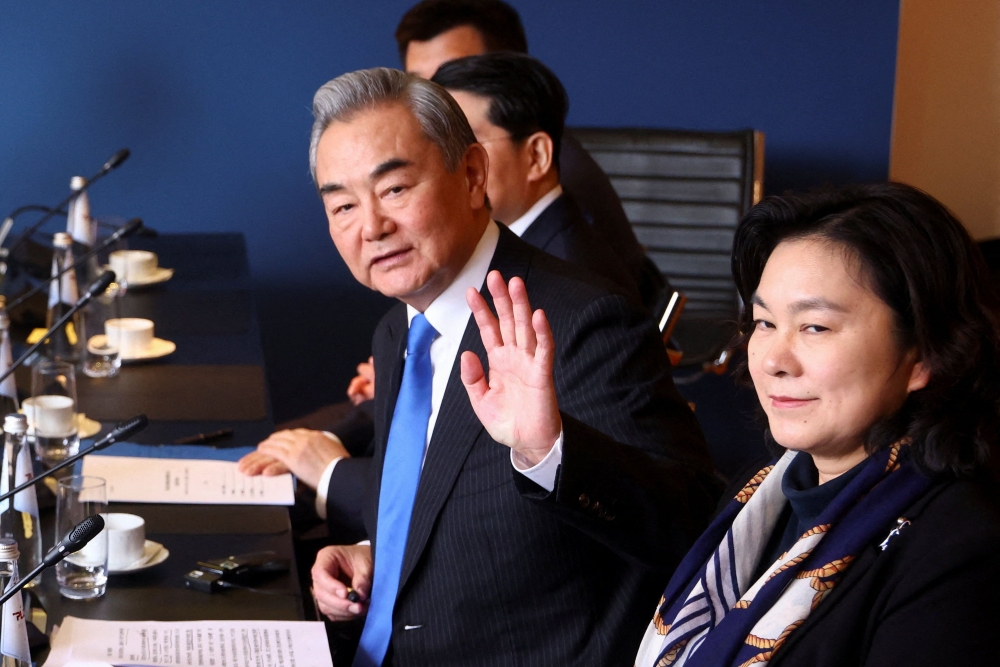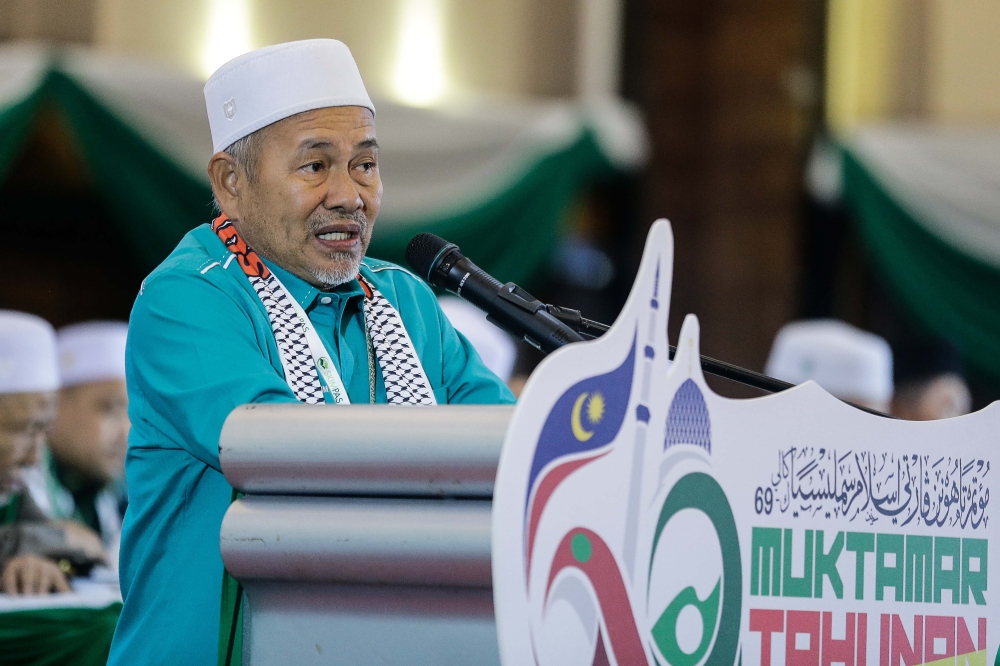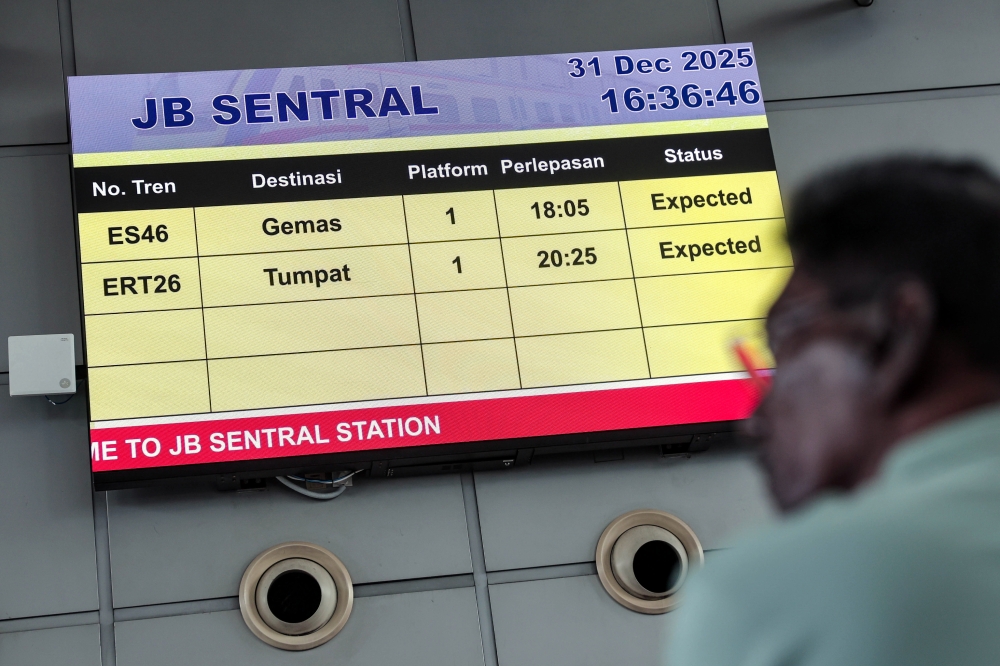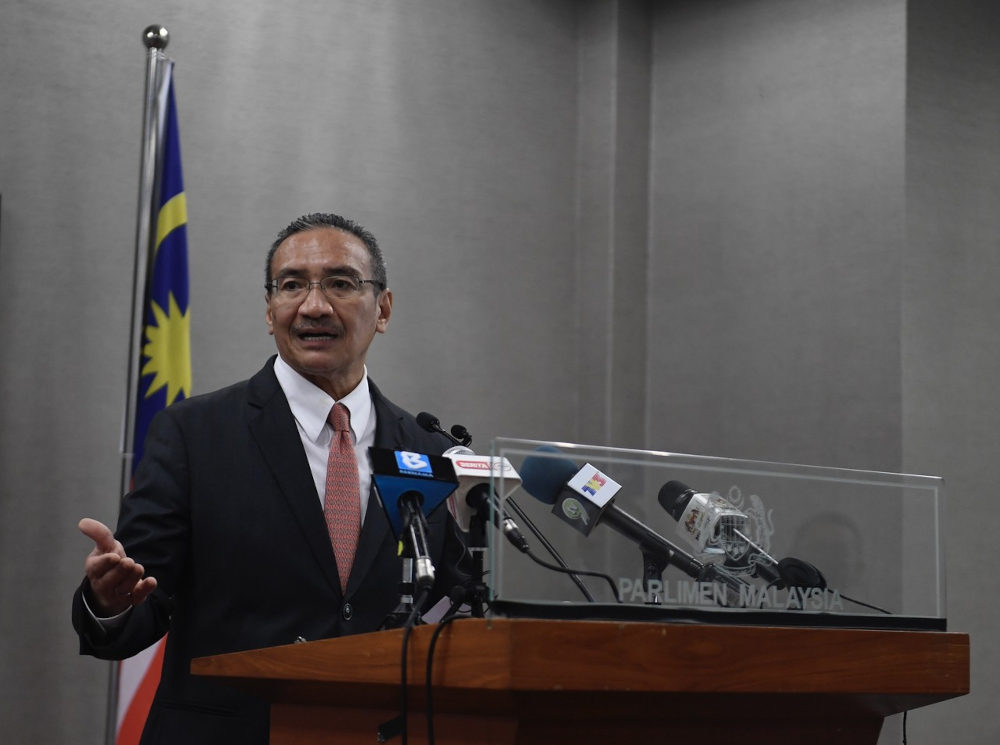KUALA LUMPUR, Dec 10 — There is no clear indication or solid evidence of another possible intrusion by the Southern Philippine militia into Sabah, said Defence Minister Datuk Seri Hishammuddin Hussein.
Hishammuddin, however, said that the Defence Ministry (Mindef) and Malaysian Armed Forces (ATM) have amped up monitoring and are on heightened alert, as mentioned by Inspector-General of Police (IGP) Tan Sri Acryl Sani Abdullah Sani and Eastern Sabah Security Command (ESSCom) commander Datuk Ahmad Fuad Othman in separate statements yesterday.
“I was informed by the ATM that through operational and intelligence deployment, there is no significant indication or evidence as to the veracity of the report so far.
“I have directed all three forces through Eastern Field Command commander General Datuk Mardzuki Muhammad, Eastern Fleet Commander Vice Admiral Datuk Sabri Zali and Air Region 2 commander Major-Gen Datuk Shamsudin Kassim to ensure the ATM raises its preparedness in the state to the highest level, especially on the east coast,” he said in a statement.
Hishammuddin said that any threat, credible or not, must also be independently verified and taken seriously, adding that Malaysia’s intelligence and security agencies have also taken note of the matter and are verifying it with their Philippine and regional counterparts.
He said that the waterways between Sabah and Southern Philippines are guarded by armed forces personnel under the Trilateral Cooperative Arrangement (TCA) initiative involving Malaysia, Indonesia and the Philippines to ensure that the area is always protected.
“My working relationship with Indonesian Defence Minister Prabowo Subianto and Philippine Defence Secretary Delfin Lorenzana is also strong. We are in constant communication over matters of mutual concern, especially security.
“Prabowo Subianto, Secretary Lorenzana and I have agreed to re-implement ministerial discussions on TCA and we plan to meet in January 2022 to strengthen cooperation between the armed forces of our respective countries in the Sulu and Sulawesi seas,” he said.
On December 9, South China Morning Post reported that 19 mayors of the Sulu archipelago were hatching a plot to invade Sabah on the nine-year anniversary of the last intrusion into Lahad Datu in February 2013.
A meeting, said to have taken place on December 1 and conducted by “a locally elected official of Sulu province”, supposedly involved talks over recruiting up to 600 men in order to establish a “Royal Sulu Army” to invade Tawau and Semporna.
In February 2013, over 200 self-styled armed Sulu military invaded the east coast town of Lahad Datu at the behest of self-proclaimed Sultan of Sulu, Jamalul Kiram III, and led by the Jamalul’s brother, Agbimuddin, whose family was seeking an ancestral claim over Sabah.
The Sultanate of Sulu used to rule over parts of the southern Philippines and Sabah before the British government transferred Sabah to the Federation of Malaysia in 1963.
The conflict, which lasted more than a month, resulted in the deaths of 68 men from the Sulu sultanate, nine Malaysian armed services personnel and six civilians. Some militias were arrested and prosecuted in Sabah, but it is believed that the Tausug people of Sulu have been waiting to avenge their people and claim the North Borneo region of Sabah.



















